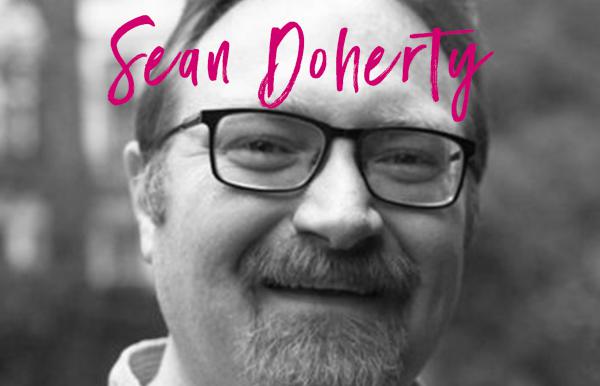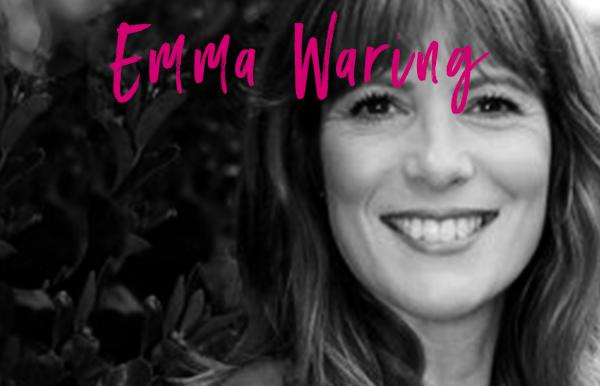Not found what you’re looking for? We’ve decided to remove the long-running Romance Academy course from our website. Here's why.
Don’t worry. There’s nothing bad or dodgy about it. We still believe in the values and messages of Romance Academy and we are pleased that many youth practitioners will still be using the sessions. But as we’ve been reviewing both the material and more importantly the needs of young people today, we’ve come to the conclusion that the Romance Academy course is not offering youth workers & practitioners what they need to inspire and support young people today to develop a robust framework for healthy relationships.
We could have kept it ticking along until we had something better to offer, but that didn’t feel right. So we’ve taken the decision of stopping Romance Academy for the moment so that we can spend time listening to young people, youth leaders, Christian wisdom and wider experts, to enable us to create something that truly connects with and equips members of Generation Z to develop positive and healthy values and practices in the area of their sexual and relationship well-being.
That’s the short answer. If you want more, then read on...
Where it all began
Let me take you back nearly twenty years to when I rocked up in London as a fresh-faced youth leader who had recently landed a job as a high school’s outreach worker for a bunch of churches. One rainy morning I was asked by a teacher to accompany two teenage girls to a GUM Clinic in a nearby hospital as one of the girls was worried that she might be pregnant.
As we sat in the dingy waiting room, surrounded by very scary posters of genitalia, my curiosity got the better of me and I asked whether the girls wanted to talk about why we were there. The girl who was scared she might be pregnant said she didn’t regret having sex as she was sick of being the only girl in year 10 who was still a virgin, but she did regret not using protection as she knew her mum would kick her out of she was pregnant. The other girl was silent.
"If only someone could do something to help young people understand their incredible worth and talk honestly about the pressure they all felt under. If only somebody would create a bit of a plausibility shelter where young people could think for themselves and imagine how their relationships could be."
‘Why do you think you’re the only girl in year 10 who’s hasn’t had sex?’ I asked.
‘Don’t know, I just am.’
‘Oh. Do you think she’s right?’ I asked, turning to the silent friend who had her head buried in an old copy of Cosmopolitan.
She shrugged and shifted uneasily in her seat.
‘It’s just that I imagine there are many girls, and boys, in year 10 who haven’t have sex. Maybe even lots of young people in college who haven’t had sex,’ I suggested.
‘Yeah, but everyone I know has. 'She [pointing to silent friend] has sex all the time with her boyfriend.’
‘OK.’ I said looking at the friend. ‘Would you like to chat with a sexual health nurse too while we’re here?’
‘Why?’ the silent girl asked defensively.
‘Because if you’re sexually active it’s important that you are consenting and are using protection to lower the risk of getting a sexually transmitted infection or pregnant. Talking to a sexual health nurse can really help you with this stuff.’
‘I’m not having sex.’ She hid her face in the magazine.
‘You said you were!’ blurted out her shocked friend. ‘All this time I thought you were!’
Can you imagine the atmosphere in the waiting room? Two phenomenal young people, trying to work out how to survive in a culture that put so much relentless pressure on them to perform and conform. And it was their best friend, not their worst enemy, who was propping up a culture of pretence and pressure.
Learning to talk
If only someone could do something to help young people understand their incredible worth and talk honestly about the pressure they all felt under. If only somebody would create a bit of a plausibility shelter where young people could think for themselves and imagine how their relationships could be and how they might go about building towards that.

Three weeks later I got the call from a media company pitching a documentary series to the BBC, asking whether I’d be interested in developing a programme with them about the challenges that young people face today when it comes to relationships and sexual health. They were hoping (I think) to film a bunch of Christian teens, sinking under the shame of ‘sexual sin’ who could be coached into purity by Saviour Youth Workers. They didn’t get that from us. Instead we found 12 London teenagers with little or no faith background who would take on some of the practices of a faith community (mainly delaying sexual activity for a period of time) to see if a Biblical sexual ethic could help young people today make sense of their value, choices, and responsibilities.
It worked, if that’s the right word to use. It connected with young people. It caught churches' imaginations. Youth leaders across the UK and beyond got trained and resourced. It was developed for use in schools and colleges, Youth Detention Centres and Pupil Referral Units, Christian youth camps and church weekends away. We heard so many brilliant stories of positive impact.
A new model for a new world
That was nearly twenty years ago, in the days before Snapchat, WhatsApp, Twitter, Instagram and revenge porn. Before we properly understood adolescents and consent, and way before enthusiastic consent was taught. Before sexual heath clinics in schools, before youth workers were prevented from taking pupils off school grounds to attend GUM clinics. Before the dip in teen pregnancy rates. Before society had fully woken up to the crisis in young people’s mental health. Before groups like ‘Fight the New Drug’ were using an evidence-based approach to show how accessing online porn re-wires the adolescent brain and re- calibrates societies understanding of intimacy. Before the #metoo movement. Before terms like ‘CSE’ and ‘FGM’ meant anything to the average church youth worker. Before Josh Harris apologised for writing books that contributed to the mass purity movement that emphasised practices (not dating, not kissing before marriage) and concepts (giving your heart away) that are not in the Bible.
In the past twenty years youth culture has shifted so rapidly that we need a whole new model for having the conversations about sex, not just another re-write of a resource that was right for its time.
But one thing we do know is that churches with adults who work safely and effectively with young people are good places for young people to have the conversations that matter. Because although culture moves on at a pace, the issues of self-worth, handling pressure, growing in confidence, good decision making and (for those pursing Christian faith) a desire to put God first in every area of their lives are unchanging.
So we will be back soon, not with something bigger and better, but with something else. Something that has deep roots in all the compassion, wisdom and values that underpinned Romance Academy, but something that will support incredible people like you to respond well to the young people you serve; inspiring & equipping them in all they face.
Rachel x





